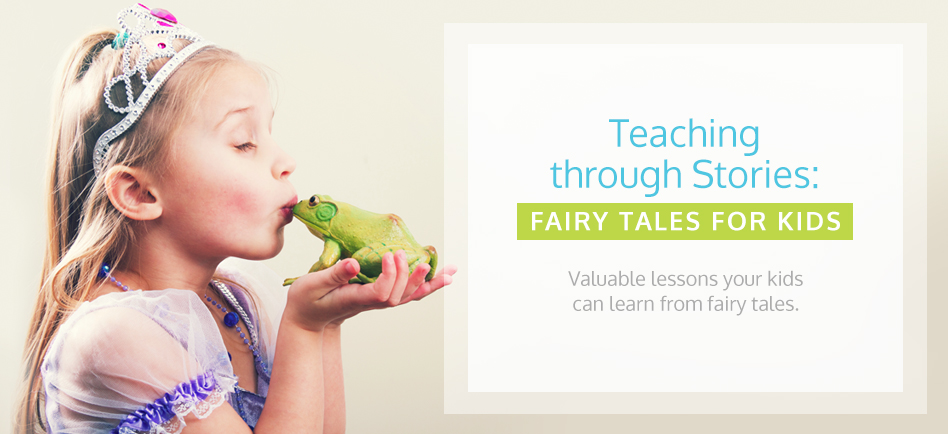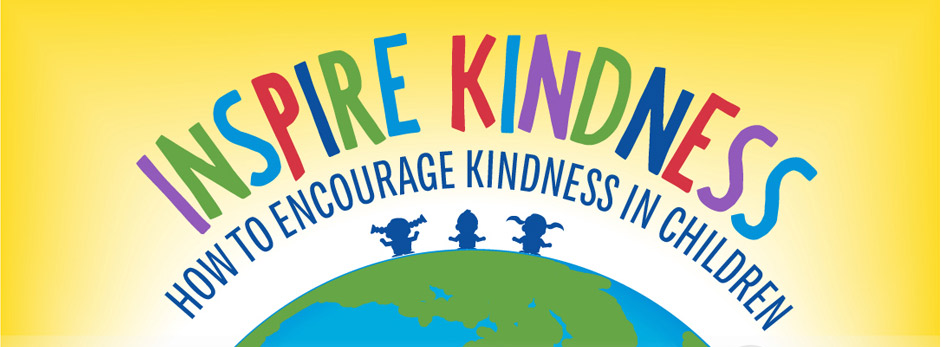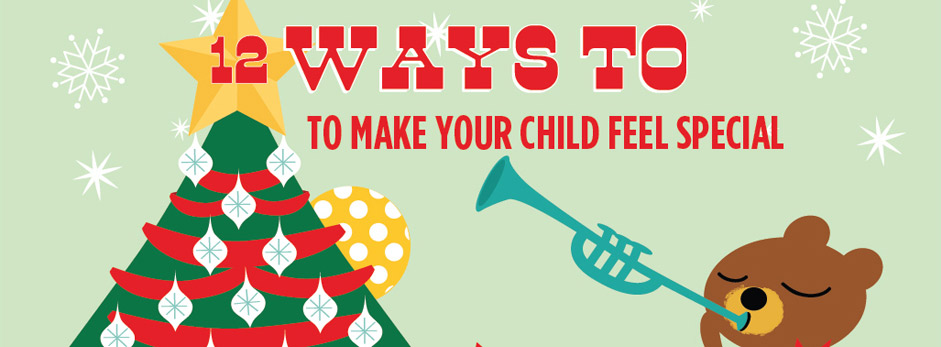
Not so long ago fairy tales were frightening, disturbing stories filled with violence, death, and tortuous punishments. There was a reason for this—fairy tales were fables, designed to teach children that proper behavior and good works were rewarded, while evil acts, foolishness, and selfishness lead to horrible ends.
Fairy tales for kids have changed with the times, fortunately. Today’s fairy tale heroes still triumph and the villains get their just desserts, but their punishments are far less graphic than they once were. The messages of the original tales are still there, just in a format more acceptable for modern readers.
What can fairy tales for kids teach? It depends on the story. Red Riding Hood, Sleeping Beauty, and Hansel and Gretel all warn children to be careful of strangers, especially those bearing gifts. This may be the most common lesson in fairy tales, but it’s hardly the only one:
- Beauty and the Beast reminds us that a person’s appearance is no indication of their character.
- Chicken Little teaches how important it is to think critically, and separate fact from fiction.
- Goldilocks and the Three Bears explains how wrong it is to be selfish and greedy.
- Rapunzel demonstrates the importance of creative problem solving.
- The Little Mermaid shows it takes bravery to try new things.
- The Three Little Pigs teaches the importance of planning ahead and doing a job right.
Know the message hidden in each tale gives you opportunity to talk to your children about the stories, and what they have to teach. Questions to help start conversations with your kids include:
- What did the heroine of the story do right? What did she do wrong?
- Would you have acted like the hero of the story?
- Why was the villain so mean?
- Where there better ways to solve the problem?
- Can you think of similar problems in real life?
In addition to teaching life lessons, fairy tales for kids help prepare children for reading and academic life. Reading together builds important pre-reading skills, as children learn to pick out different letters and words. Equally importantly, you’re instilling a love of reading early, and studies show early readers tend to continue to read into adulthood and do better academically all the way into college.
Your child doesn’t know this, of course. All he knows is you’re spending time with him as you share, laugh, snuggle, and talk about the fairy tale. Even if fairy tales for kids did nothing else, those special moments would still make them an important part of childhood.




